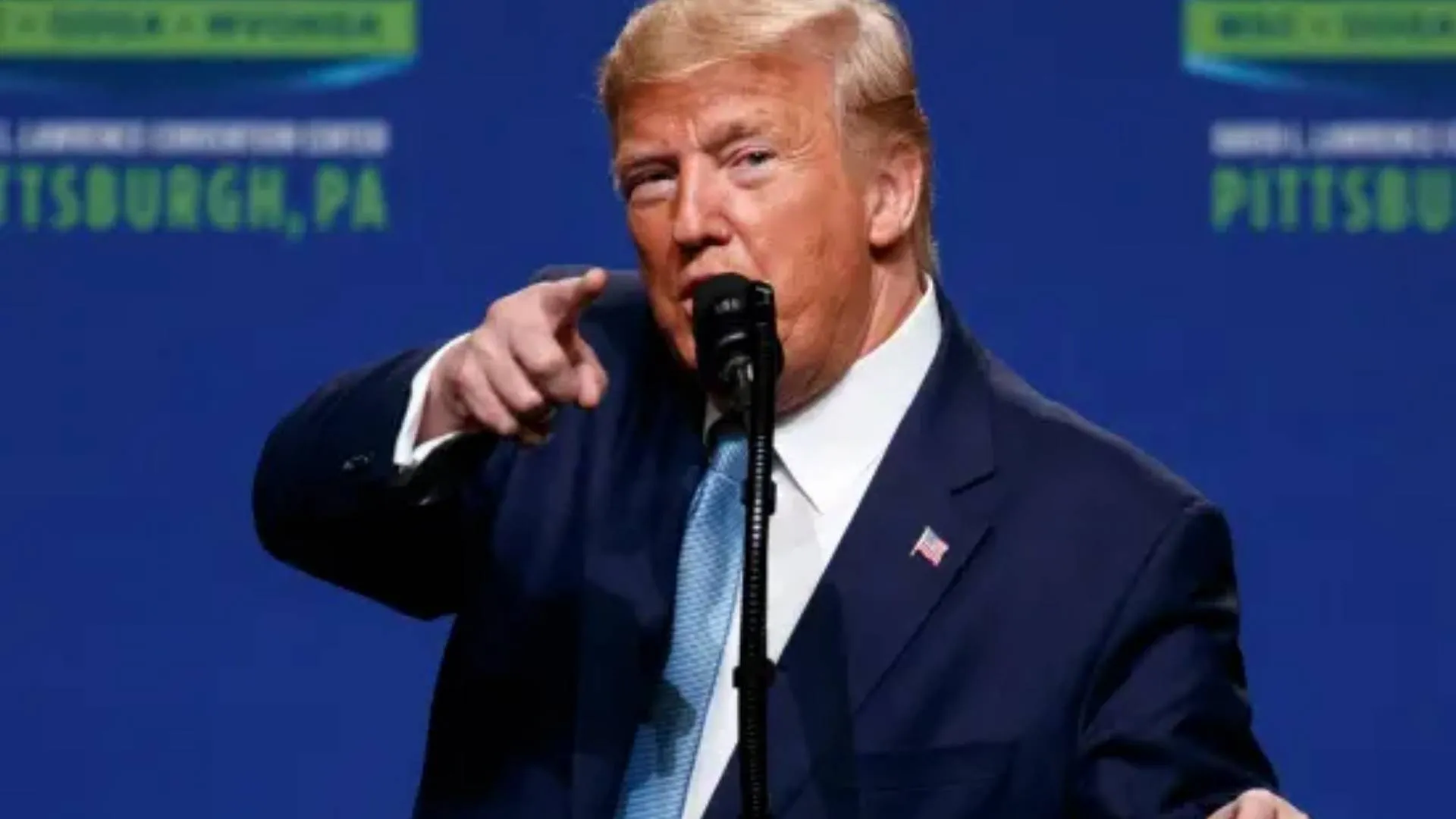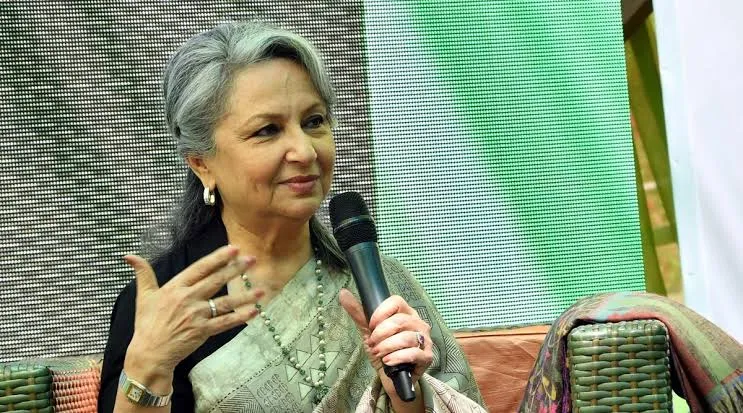India has issued a notice to German automaker Volkswagen, accusing it of evading $1.4 billion in taxes by misclassifying components for its Audi, VW, and Skoda cars. This marks one of the largest such tax demands in the country’s history.
Alleged Tax Evasion Scheme
According to the notice, Volkswagen imported nearly complete vehicles in unassembled form, which should have been taxed at a 30-35% rate under India’s rules for Completely Knocked Down (CKD) units. However, the company allegedly misclassified these imports as “individual parts,” which only attracted a 5-15% duty. This manipulation allowed the company to evade significant taxes.
The affected models include the Skoda Superb and Kodiaq, Audi A4 and Q5, and VW’s Tiguan SUV. Investigators claim that different shipments were used to evade detection and reduce tax obligations.
Since 2012, Volkswagen’s India unit, Skoda Auto Volkswagen India, should have paid approximately $2.35 billion in import taxes, but only paid $981 million, creating a tax shortfall of $1.36 billion. The company has been asked to explain why the tax evasion should not result in penalties and interest under Indian law, which could potentially double the total amount owed to around $2.8 billion.
The Indian investigation revealed that Volkswagen’s internal software allowed the company to place bulk orders with suppliers in countries like the Czech Republic, Mexico, and Germany. The orders were broken down into thousands of individual parts, which were then shipped in separate consignments, reducing the tax burden on each. These shipments arrived at the Indian port almost simultaneously, further supporting the claim of deliberate tax evasion.
Impact on Volkswagen in India
Volkswagen has struggled to gain a significant share of India’s 4 million-unit car market, and this tax dispute could worsen its position, particularly in the luxury segment, where its Audi brand lags behind competitors like Mercedes and BMW.
Skoda Auto Volkswagen India stated that it is analyzing the notice and is cooperating with authorities, asserting its commitment to complying with all local and global regulations.
Inspectors searched Volkswagen’s facilities in Maharashtra in 2022, seizing relevant documents and email communications. Volkswagen’s India Managing Director, Piyush Arora, was questioned but failed to provide satisfactory answers regarding the shipment of car parts.
This case is expected to increase scrutiny on Volkswagen’s operations in India, and the company now faces potential legal and financial repercussions, with a possible penalty that could more than double the amount of taxes allegedly evaded.






















